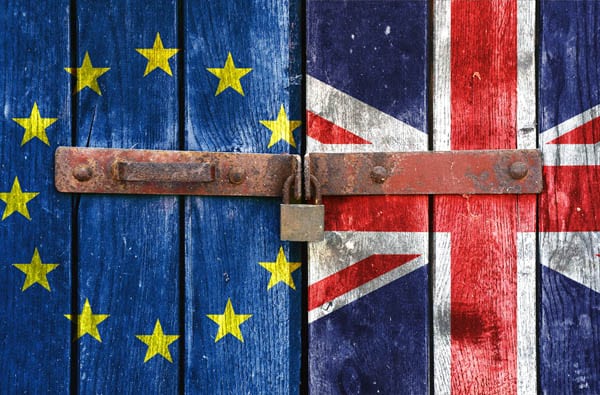
Although British Prime Minister David Cameron appears to be doing his best to lose Europe, Europe has not yet lost the UK.
Paradoxically, opinion polls suggest that British support for continued European Union (EU) membership is rising in response to the growing challenge posed by the Euroskeptic UK Independence Party (UKIP). According to a recent Ipsos MORI study, support for membership is currently at 56 percent, up from 44 percent in 2012, while only 36 percent favor departure, down from 48 percent two years ago.
This may be because the possibility of a “Brexit” is finally being taken seriously. It is one thing to gripe endlessly about “Brussels” and a very different matter to contemplate Britain’s future outside the EU.
Yet this does not mean that people wish things to remain as they are: most of those who favor continued membership would prefer a looser, less political relationship with the EU. In short, this suggests that a significant proportion of Britons would be happy to remain in the EU, albeit on different terms.
The real question, however, is whether the EU can realistically be expected to agree to Cameron’s seven conditions for remaining in the union without undermining its own credibility and internal cohesion.
The view from Spain is especially relevant, as that country has absorbed more than 4 million immigrants in the past decade without this resulting in the emergence of xenophobic anti-immigration parties. What is more, there are some 700,000 British expats in Spain, many of them elderly, who enjoy unlimited access to the country’s healthcare system and other social services and who have never been accused of cashing in on “free benefits.”
Spanish elites are not unduly concerned by the possibility of a British exit. Most Spaniards continue to support EU (and eurozone) membership in spite of the economic crisis and the acute social pain it has brought with it. Many believe that only deeper integration can provide a solution to the eurozone’s current difficulties and future viability, and Britain has little to offer in this regard.
There was a time when the UK was seen as a generally constructive influence in the EU, particularly with regard to the internal market. From a Spanish perspective at least, that time may have passed.


